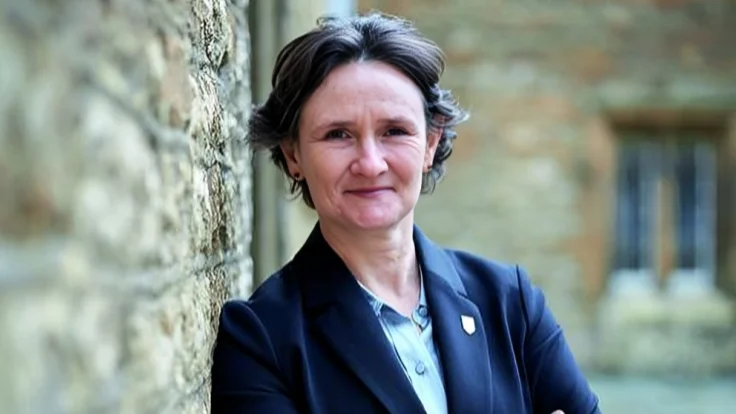A new study published in The Lancet Child & Adolescent Health has found that teenagers who experience severe period pain are at a higher risk of developing chronic pain as adults. Researchers from the University of Oxford’s Nuffield Department of Women's & Reproductive Health analyzed data from over 1,100 participants in the Avon Longitudinal Study of Parents and Children (ALSPAC). The findings show that those with severe period pain at age 15 had a 76% increased risk of chronic pain by age 26 compared to those who reported no period pain. For moderate period pain, the relative risk was increased by 65%.
The study identified a clear pattern: as the severity of period pain increased, so did the risk for overall chronic pain and specific types such as headache, back, abdominal, and joint pain. Among teenagers with no reported period pain, 17% developed chronic pain later on. After adjusting for other factors, the risk difference was +4.8 percentage points for mild, +12.7 for moderate, and +16.2 for severe period pain.
Professor Katy Vincent, gynaecologist and senior author from Oxford's Nuffield Department of Women's & Reproductive Health, stated: "We’ve known for a long time that period pain can really disrupt young people’s lives, impacting their social development, education and mental health. However, we know that most young people don’t seek help for period pain and those who do may be dismissed, belittled or told it is normal. This study shows that teenage period pain may also shape future physical health. Once established, chronic pain can be difficult to manage and has wide-reaching consequences for the individual, society and the healthcare system. The link between adolescent period pain and chronic pain in adulthood is therefore a wake-up call. We need to improve menstrual education, reduce stigma, and ensure young people have access to effective support and treatment early on. It would be fantastic if 2025/2026 was the year that we really started to take period pain seriously rather than telling teenagers they ‘just need to learn to live with it’!"
Earlier research suggested possible connections between menstrual discomfort during adolescence and adult health issues but often relied on small or unrepresentative samples. This study is notable for using ALSPAC data—a major UK birth cohort study designed to reflect national demographics—and for being among the first to link adolescent menstrual discomfort not only with pelvic but also non-pelvic chronic pains.
The researchers suggest that changes in how the nervous system processes repeated menstrual discomfort during adolescence could explain these outcomes. Professor Vincent said: "Adolescence is a time of heightened ‘neuroplasticity’, when the brain and wider nervous system are more adaptable and thus potentially more sensitive to repeated pain signals. Persistent menstrual pain during this critical period may cause long-term changes in how the body processes pain, increasing the risk of developing chronic pain conditions in the future."
Mental health factors like anxiety or depression explained only a small part of this association according to additional analysis by the team.
Dr Rachel Reid-McCann from Oxford's Nuffield Department added: "I’m so proud to have contributed to this important research, which highlights just how common period pain is among teenagers in the UK. And crucially, that it may have lasting health consequences. These findings show that menstrual pain should not be dismissed or trivialised. It deserves serious attention."
Young advisors involved with developing this project shared their perspectives as well. Ela (17) commented: "I was so passionate about being involved with RoADPain to honour the millions of women and girls who have been dismissed and told ‘it's just period pain’ by society. I feel like I've been part of something game-changing." Wiktoria added: "This research is really important due to how normalised period pain has become while it should never be a reason for someone to have to miss school, work or everyday activities... Young people should feel heard, supported and treated well rather than be told that they just need to learn to tolerate the pain."
Dr Angela Hind from Medical Research Foundation remarked: "As children and young people return to school this week, these findings couldn’t be more timely. Pain research, especially into period pain, is woefully underfunded and at the Medical Research Foundation we’re working to fill that gap. This study shows how important medical research is for improving health, particularly for young people... We hope it will pave the way for a deeper understanding of how to better manage menstrual pain and its long-term effects."
The research received full funding from Medical Research Foundation through its Advanced Pain Discovery Platform (APDP), an initiative involving several charities as well as government agencies.
The paper titled 'Longitudinal association between dysmenorrhoea in adolescence and chronic pain in adulthood: a UK population-based study' appears in The Lancet Child & Adolescent Health.

